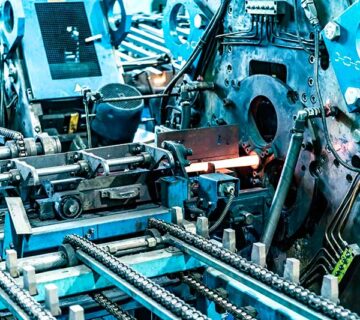Industrial equipment encompasses a wide range of machinery and tools used in manufacturing, construction, and other industrial processes. From heavy machinery like cranes and excavators to precision instruments like CNC machines and 3D printers, industrial equipment plays a crucial role in driving productivity and efficiency across various sectors.
One of the key considerations when setting up an industrial production line is selecting the appropriate equipment to meet specific manufacturing requirements. Factors such as production volume, product specifications, and budget constraints influence the choice of equipment. For example, high-volume production lines may require automated machinery with fast cycle times and high throughput, while specialized processes may necessitate custom-built equipment tailored to unique production needs.
When it comes to sourcing industrial equipment, companies often prioritize reliability, performance, and after-sales support. Trusted manufacturers and suppliers, such as Siemens, Mitsubishi Electric, and Fanuc, are renowned for their high-quality equipment and comprehensive service offerings. These companies provide a wide range of industrial solutions, including automation systems, robotics, motion control, and industrial IoT technologies, to help businesses optimize their manufacturing operations.
Moreover, the successful integration of industrial equipment into a production line requires careful planning and coordination. This process involves designing the layout of the production facility, configuring equipment settings, establishing safety protocols, and training personnel to operate the machinery effectively. Additionally, ongoing maintenance and monitoring are essential to ensure the smooth operation of industrial equipment and prevent costly breakdowns or downtime.
In conclusion, industrial equipment plays a critical role in driving efficiency, productivity, and innovation in manufacturing processes. By selecting the right equipment from reputable suppliers and implementing effective maintenance and support strategies, companies can streamline their operations, meet customer demands, and stay competitive in today’s dynamic market.


